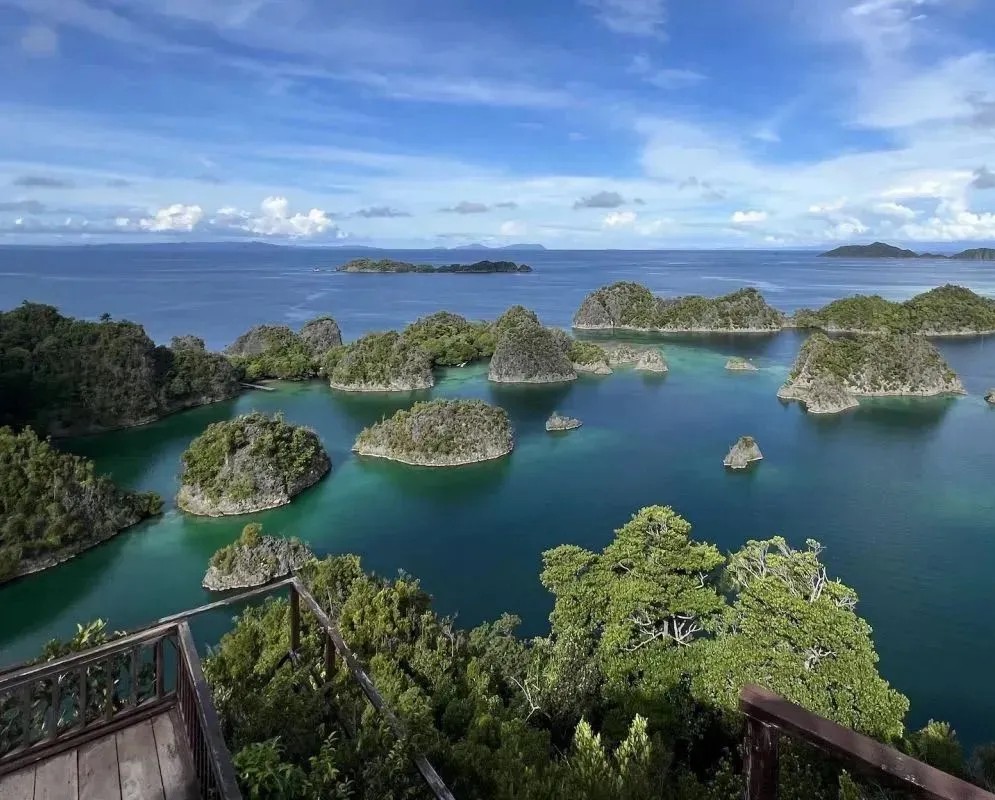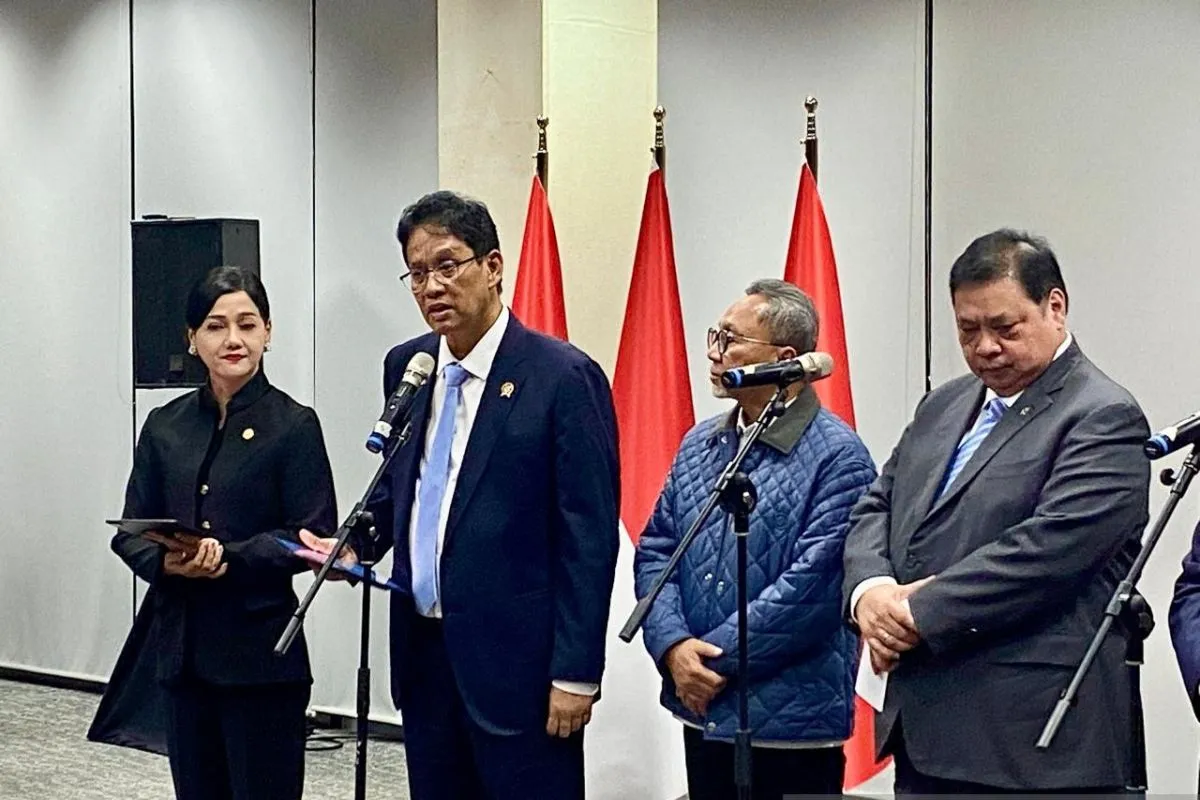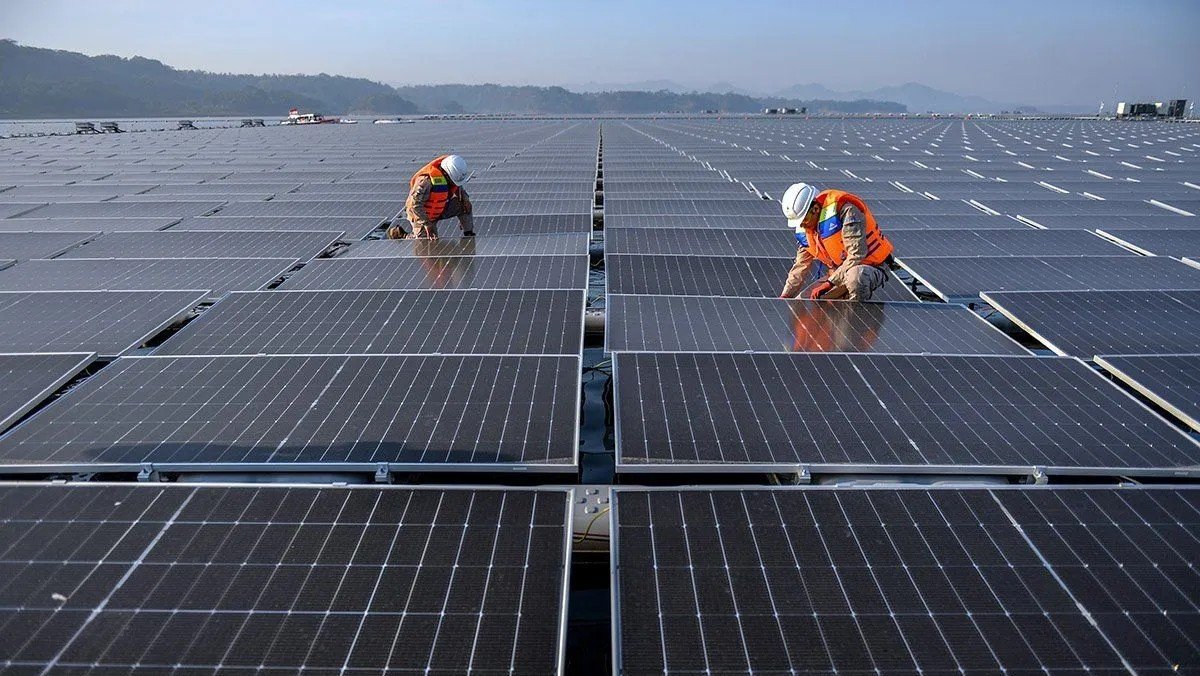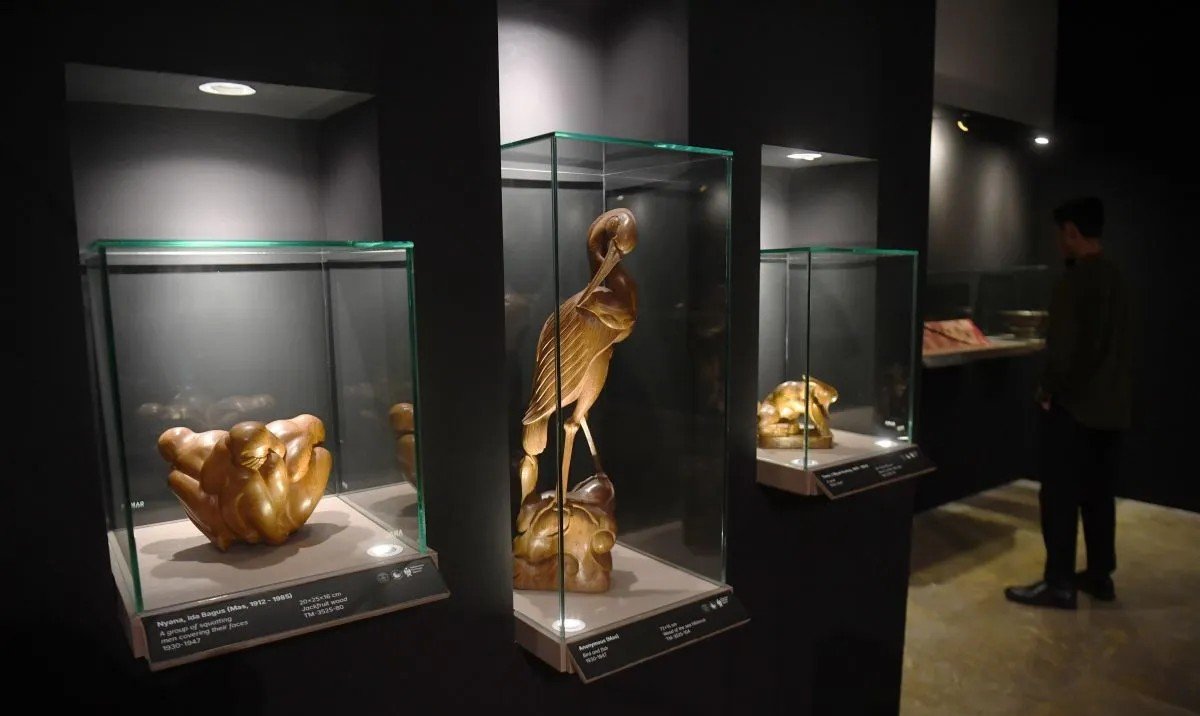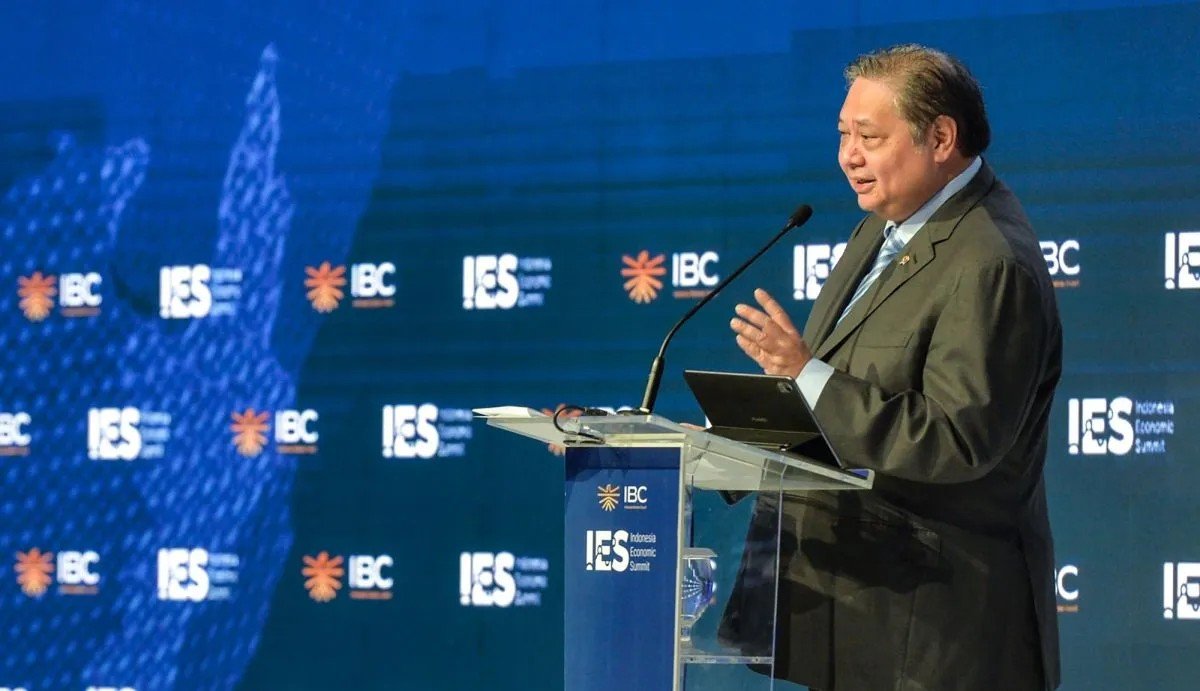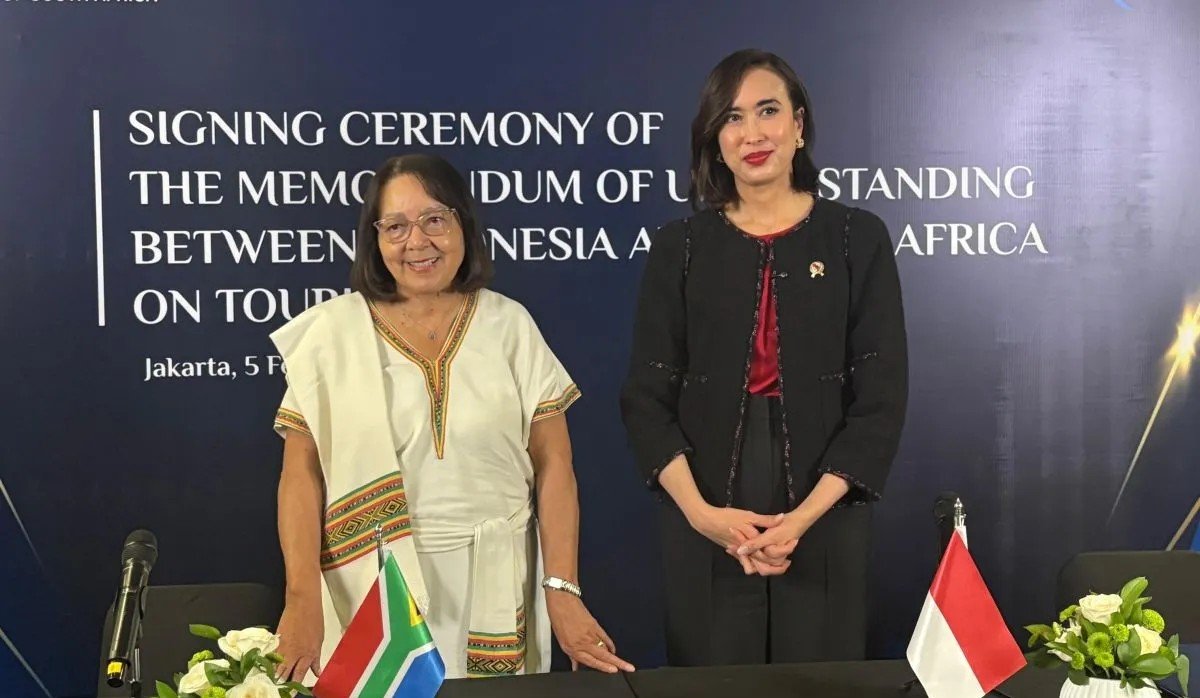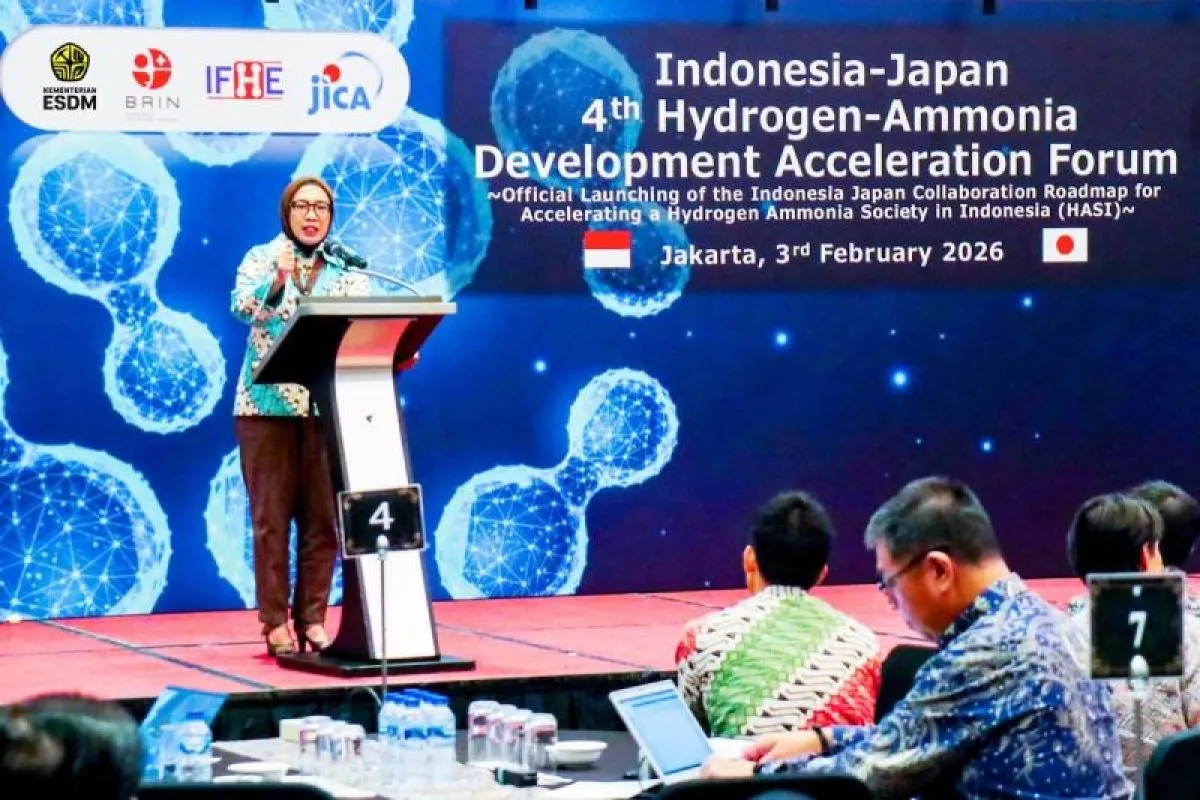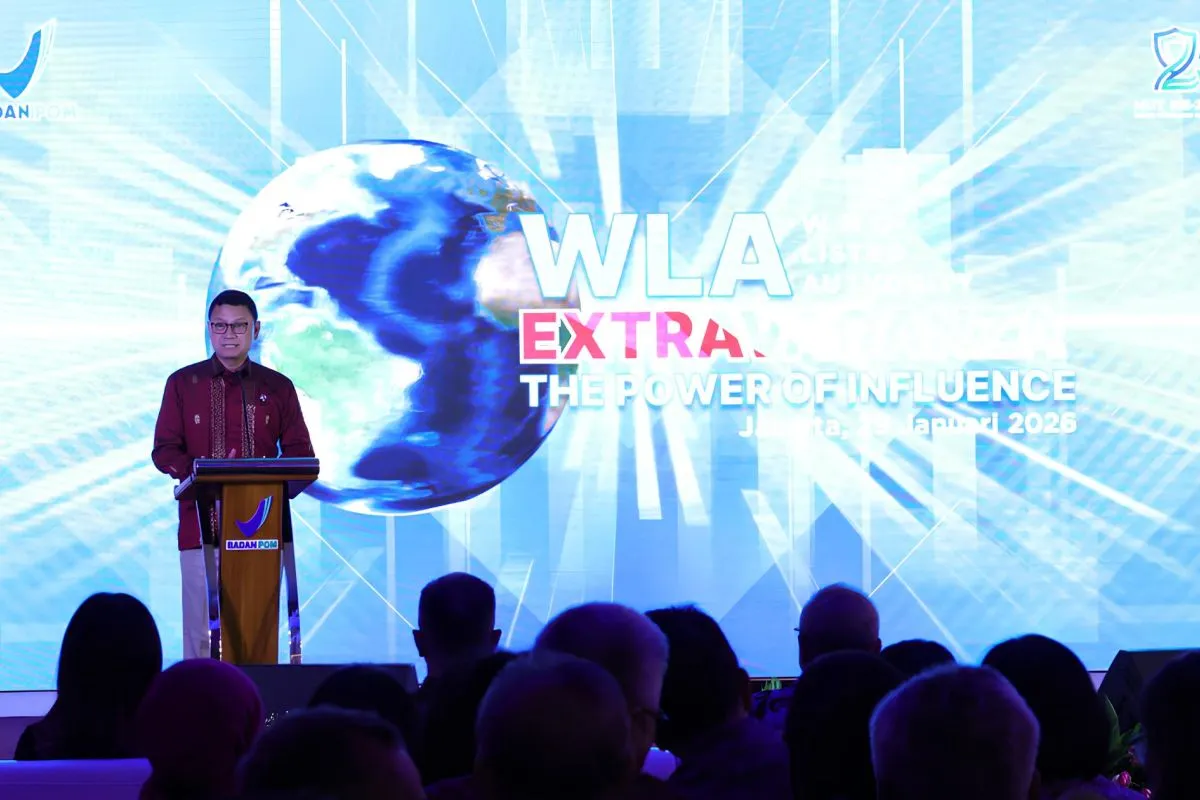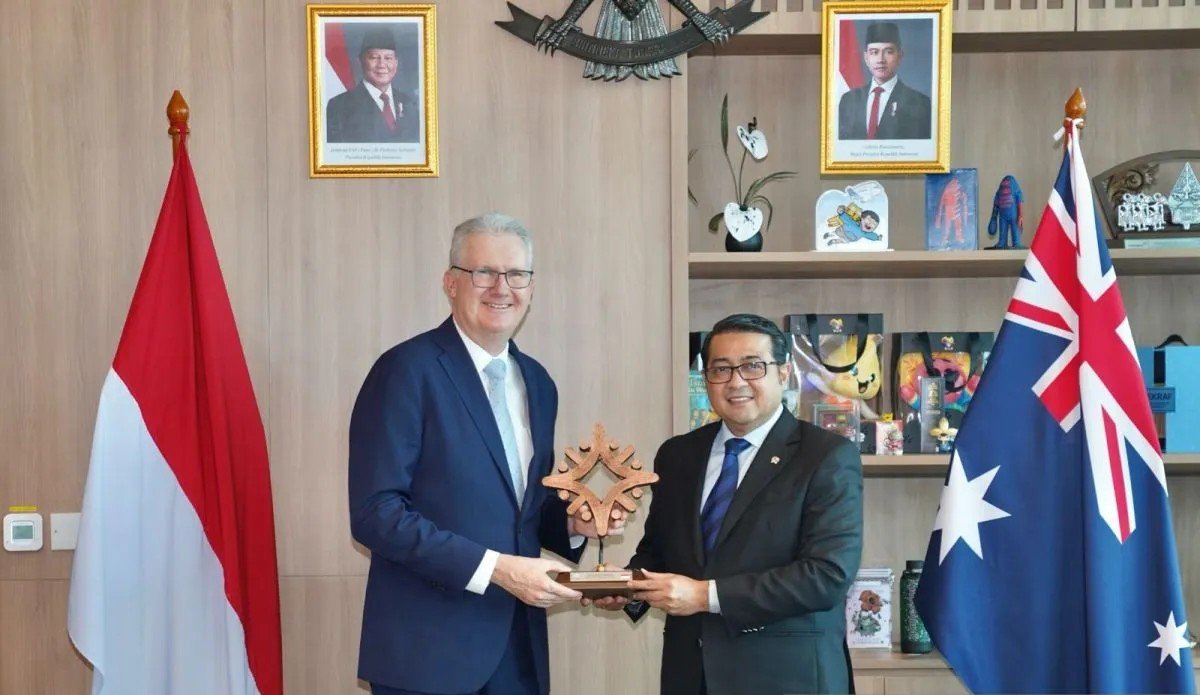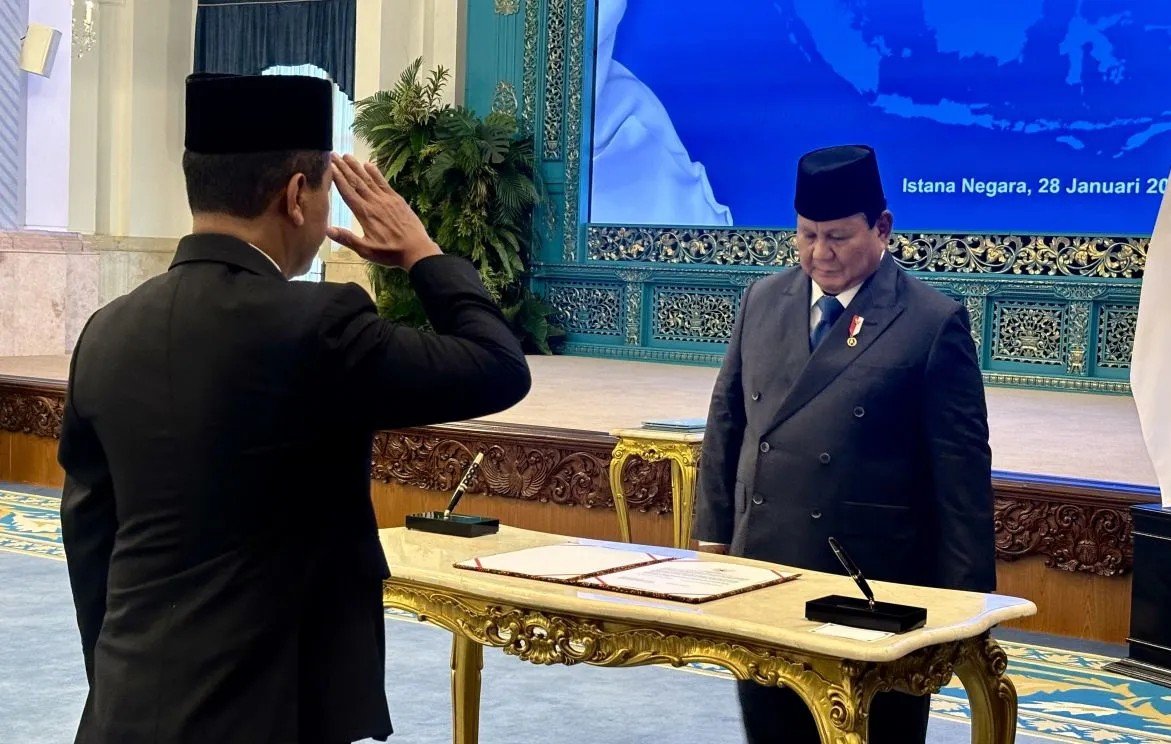Jakarta, June 13, 2025 – The Europe Today: Chairman of the House of Representatives’ (DPR RI) Commission XI, Mukhamad Misbakhun, has expressed strong support for the government’s decision to cease nickel mining operations in Raja Ampat, Southwest Papua, underscoring the region’s significance as a symbol of Indonesia’s commitment to a green economy and sustainable development.
In a statement issued on Thursday (June 12), Misbakhun hailed the decision as a strategic and forward-looking policy, aimed at safeguarding one of Indonesia’s most valuable ecological and ecotourism zones.
“This is a bold decision that favors the future. The Raja Ampat area must be maintained as a world-class ecotourism destination, not exploited for short-term mining gains,” he stated.
Misbakhun highlighted Raja Ampat’s dual ecological and economic value, describing it as an area of global importance. He emphasized that halting mining activities would pave the way for healthier, more sustainable and inclusive economic growth for local communities.
Nature-based tourism, he noted, plays a vital role in the region’s economy. In 2024 alone, around 30,000 tourists visited Raja Ampat, 70 percent of whom were foreign visitors. This marked a sharp increase from 19,839 tourists in the previous year. Tourist arrivals contributed approximately Rp150 billion annually to the regency’s original regional income (PAD), excluding indirect benefits for sectors such as accommodation, transport, culinary arts, folk crafts, and tour guiding.
“A green economy based on nature tourism, as seen in Raja Ampat, is a key instrument for sustainable development. This is not just about environmental protection, but also about the direction of Indonesia’s future economy — one that is high-quality, environmentally sound, and community-empowering,” Misbakhun explained.
He further asserted that the policy aligns with Indonesia’s national development vision, which prioritizes energy transition and environmentally friendly economic growth.
“Raja Ampat is already globally known as an underwater paradise. We must not sacrifice its long-term potential for short-term profits from extractive industries,” he stressed.
As the head of Commission XI, which oversees finance and development planning, Misbakhun reiterated his commitment to promoting fiscal policies and incentives to support ecotourism development, particularly in eastern Indonesia, including Southwest Papua.
“I believe Raja Ampat can become an icon of Indonesia’s success in building an inclusive and sustainable green economy,” he affirmed.
The statement follows the government’s recent announcement to revoke mining business permits (IUPs) for four companies operating on small islands in Raja Ampat: PT Anugerah Surya Pratama, PT Nurham, PT Mulia Raymond Perkasa, and PT Kawei Sejahtera Mining.
According to Minister of Energy and Mineral Resources Bahlil Lahadalia, the revocations were based on findings that parts of the companies’ operational areas overlapped with the Raja Ampat Geopark, a protected and environmentally sensitive area. Of the four, only three companies had begun mining operations, while PT Mulia Raymond Perkasa was still in the exploration phase.
The policy is widely viewed as a significant move in Indonesia’s broader transition towards a greener and more sustainable economic framework.
